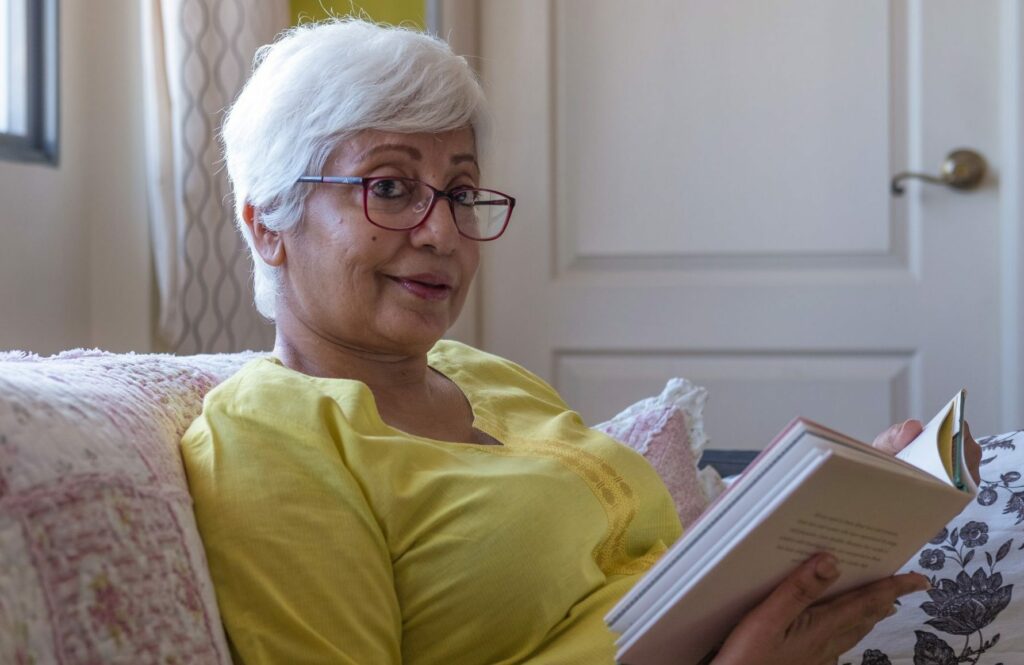Living with Parkinson’s disease

On October 8th from 10 – 11 a.m., EngAge BC and Route 65 will be partnering with the Parkinson Society British Columbia to share information about accessing supports and services. This week, we sat down with the Society to learn more about Parkinson’s disease and the resources that are available to help those living with Parkinson’s, which is a progressive condition.
Why does Parkinson’s disease occur?
Dopamine functions as a neurotransmitter, which means it is a chemical that carries signals between nerves in the brain. Dopamine has many important functions, including controlling movement. When cells that produce dopamine die or are damaged, symptoms of Parkinson’s – a complex disorder of the brain – appear.
What are the common symptoms experienced by people living with Parkinson’s?
“Each person with Parkinson’s is unique and each person may experience different symptoms. Since Parkinson’s is a progressive condition, symptoms gradually worsen over time and new ones may appear,” says Jean Blake, CEO, Parkinson Society British Columbia.
The loss of dopamine can cause a variety of motor (movement) symptoms, including:
- Tremor (shaking)
- Muscle stiffness (rigidity)
- Slowness of movement
- Impaired balance
- Swallowing
In addition to the motor symptoms, you may also notice non-motor symptoms, including:
- Constipation
- Sleep disturbance
- Bladder urgency and frequency
- Dizziness when standing
- Fatigue
- Depression: feeling sad, having less energy or losing interest in activities
- Memory problems
Do people living with Parkinson’s develop dementia?
Sometimes, people living with Parkinson’s will develop dementia. When the symptoms of dementia occur as part of the disease progression, it is usually referred to as Parkinson’s dementia. Some of the symptoms of Parkinson’s dementia include forgetfulness, slow thought process, difficulty concentrating, hallucinations, and difficulty with word-finding.
However, if the symptoms appear before or at the same time as the onset of motor symptoms of Parkinson’s, it is often an indication that the person has Lewy body dementia. The symptoms specific to Lewy body dementia can include all those common in Parkinson’s dementia, as well as memory problems, slowness of movement, and other symptoms.
Not everyone who is diagnosed with Parkinson’s will develop dementia.
How is Parkinson’s treated?
“Currently, there is no cure for Parkinson’s. However, many symptoms can be treated with medications. Although medications can alleviate the symptoms, they do not slow the progression of Parkinson’s. As the symptoms change, medications will need to be adjusted. It is important to discuss treatment options with your neurologist,” says Blake. “Exercise is one of the best things, someone with Parkinson’s can do to better control their symptoms.”
What resources are available to help?
People who are living with Parkinson’s, and their care partners can contact the Parkinson Society British Columbia. Their friendly and knowledgeable staff are committed to offering support, sharing reliable information and raising funds for programs and research.
Parkinson Society British Columbia also offers information for health care professionals, check out their website to learn more.
Join us on October 8th from 10 – 11 a.m., where EngAge BC and Route 65 will be partnering with the Parkinson Society, British Columbia, to discuss how Route 65 can assist people with Parkinson’s or their care partners to seniors’ living and wellness services.
